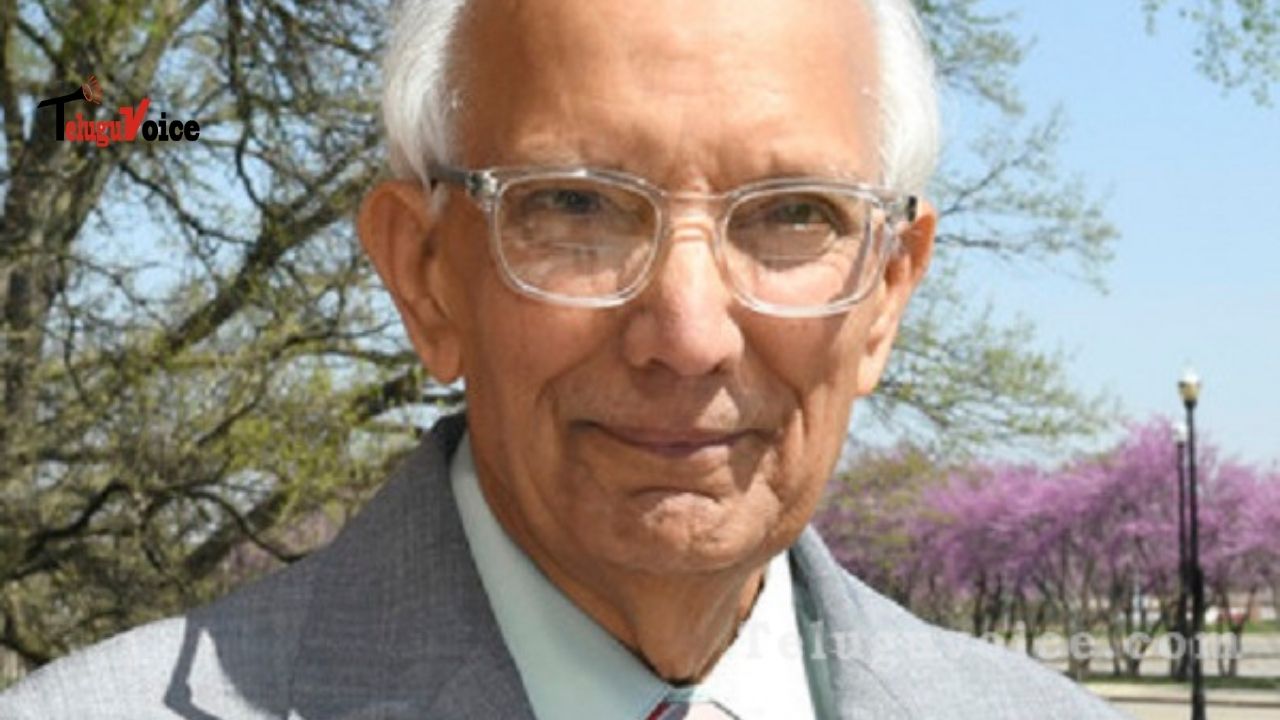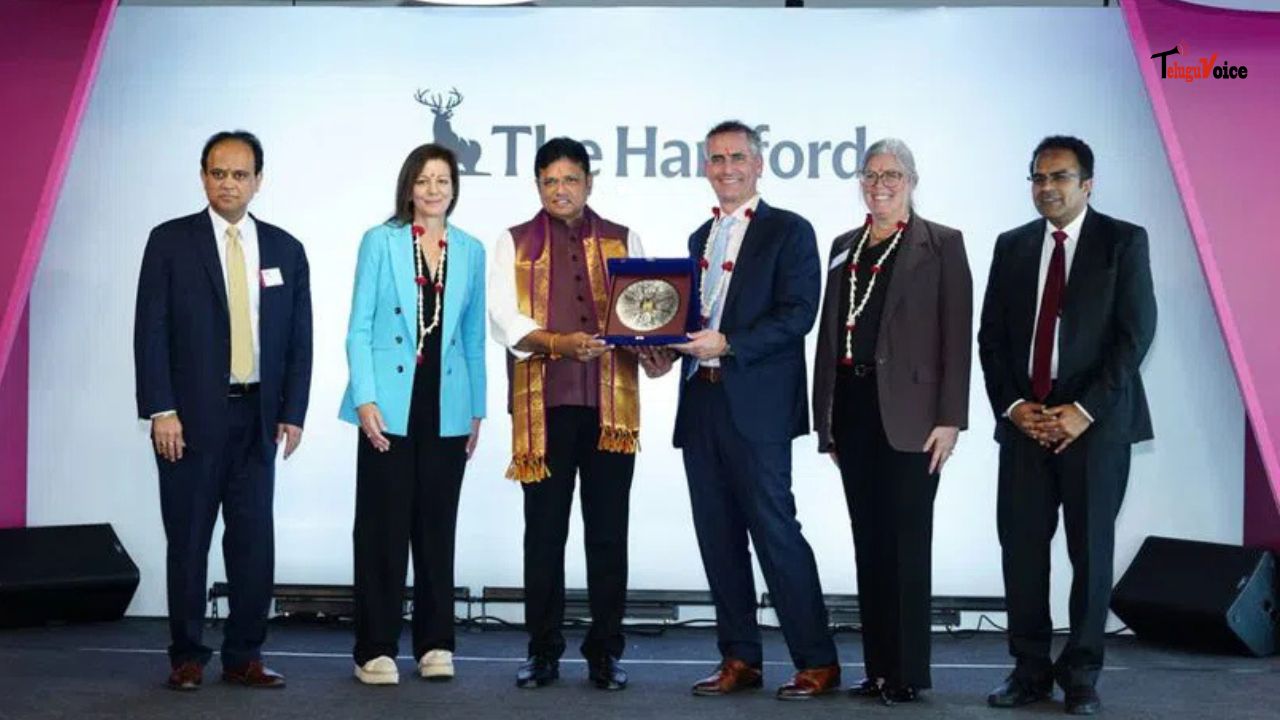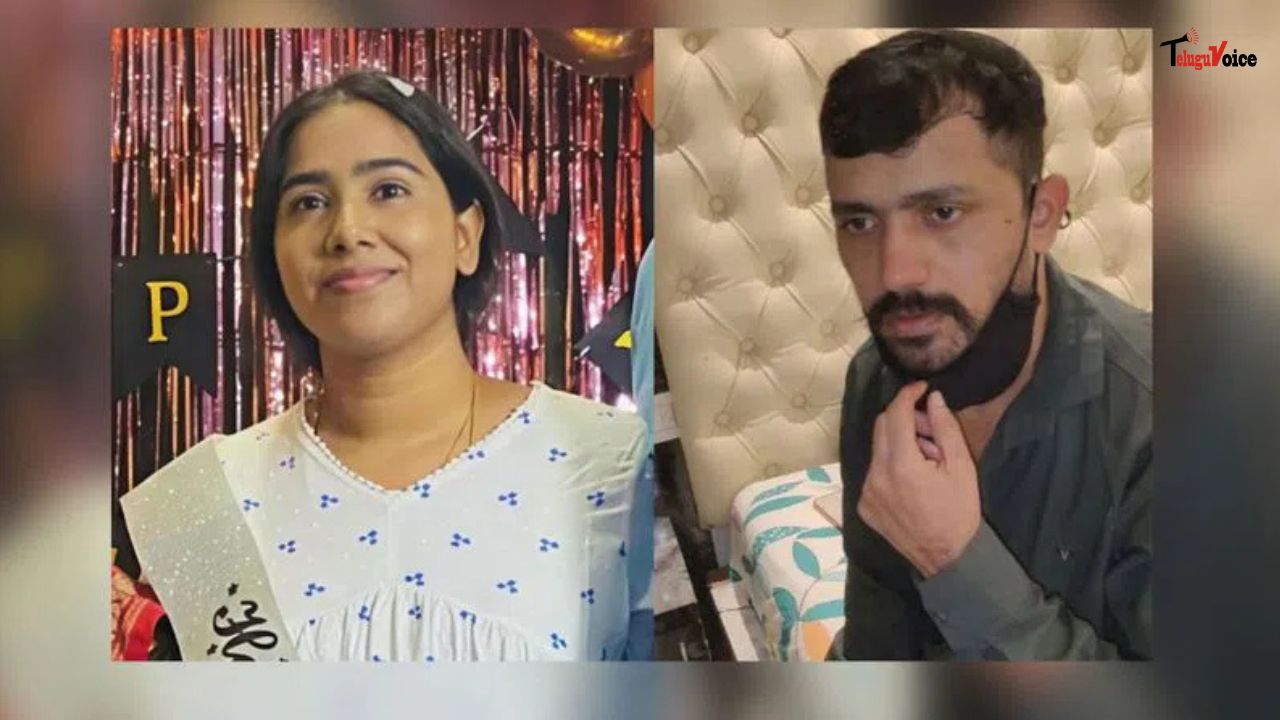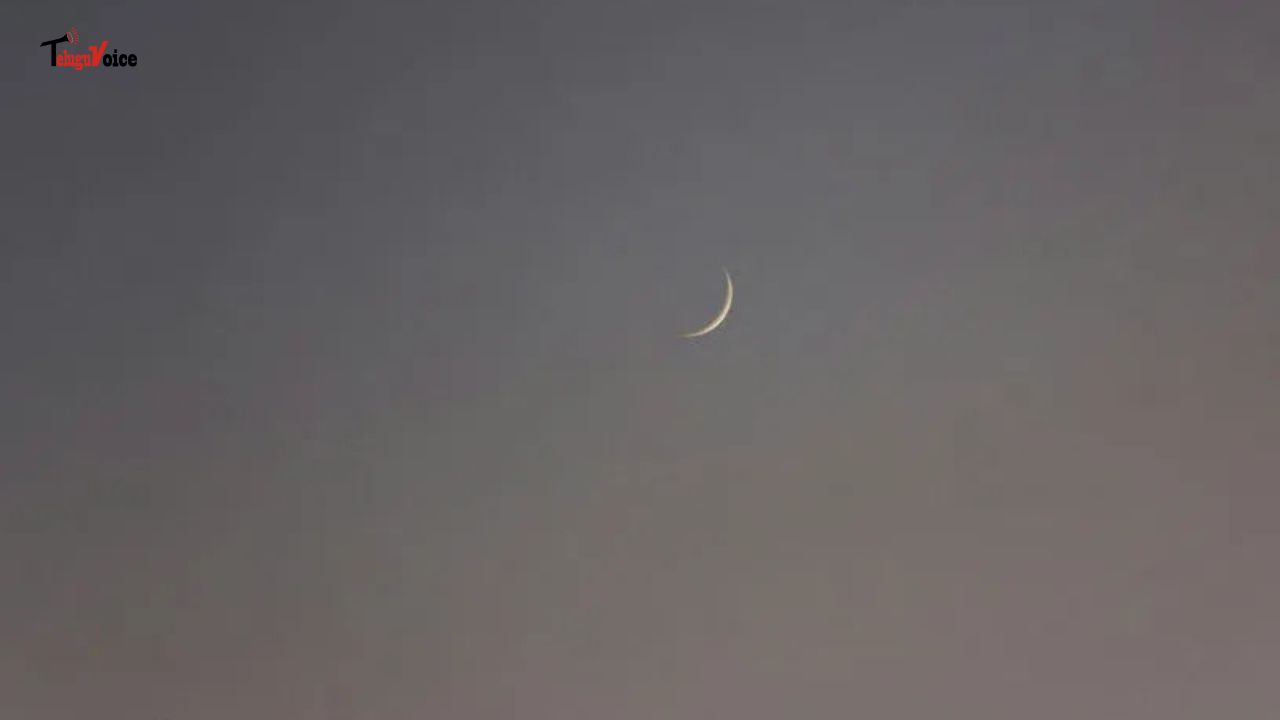US President To Name Indian American Soil Scientist Rattan Lal

India-born Dr. Lal is widely recognized as a pioneer in soil-centric agricultural management to improve food security globally. US President Joe Biden intends to appoint leading Indian American soil scientist Dr. Rattan Lal as a member of BIFAD (Board for International Food and Agricultural Development).
Established in 1975, BIFAD advises the US Agency for International Development (USAID) on agriculture, higher education issues, and food insecurity in developing countries.
Biden intends to appoint Lal, a distinguished professor of soil science and director of the CFAES Rattan Lal Center for Carbon Management and Sequestration at The OSU (Ohio State University), in a key role.
According to his White House profile, Dr. Lal, 77, is also an Adjunct Professor of the University of Iceland and the Indian Agricultural Research Institute and a Visiting Professor at Pontifical Catholic University.
As a pioneer in soil-centric agricultural management, he improves food security globally and develops climate-resilient agriculture through soil carbon sequestration, sustainable soil management, and soil health.
He served as the President of the World Association of Soil and Water Conservation (1987-1990), the International Soil Tillage Research Organization (1988-1991), the Soil Science Society of America (2005-2007), and the International Union of Soil Sciences (2017-2018).
Dr. Lal has won several awards, including the 2020 World Food Prize. Over the course of a career spanning five decades and four continents, Dr. Lal has developed innovative soil-saving techniques to improve the lives of more than 500 million smallholder farmers, improve the food and nutritional security of over 2 billion people, and conserve hundreds of millions of hectares of tropical ecosystems, according to the World Food Programme.
The United Nations Climate Change Conferences adopted his strategy of restoring soil health as a means of sequestering carbon. He was awarded a Nobel Peace Prize Certificate for his contributions to the Intergovernmental Panel on Climate Change (IPCC) reports when the IPCC was named co-recipient of the Nobel Prize in 2007.

 South Africa tour of India 2019
South Africa tour of India 2019










Comments